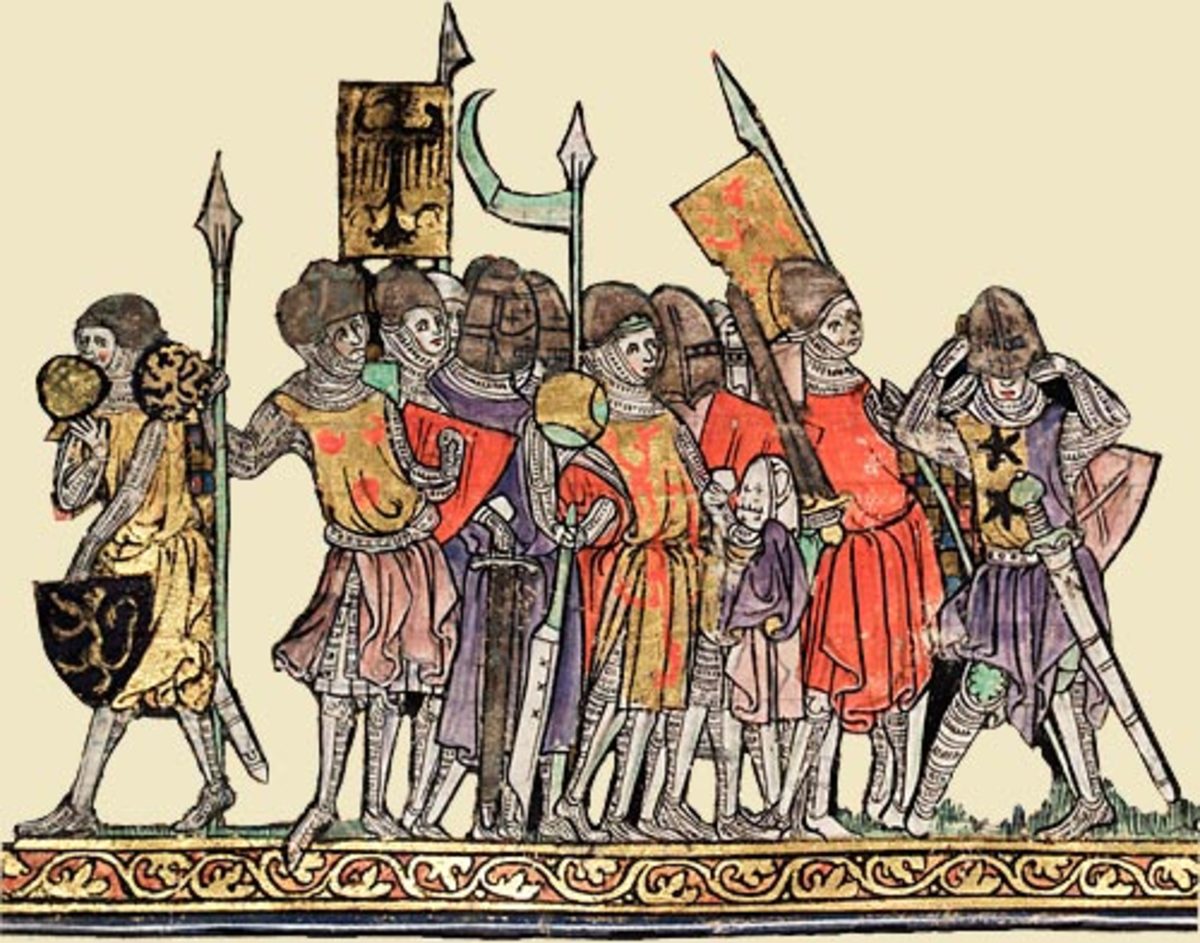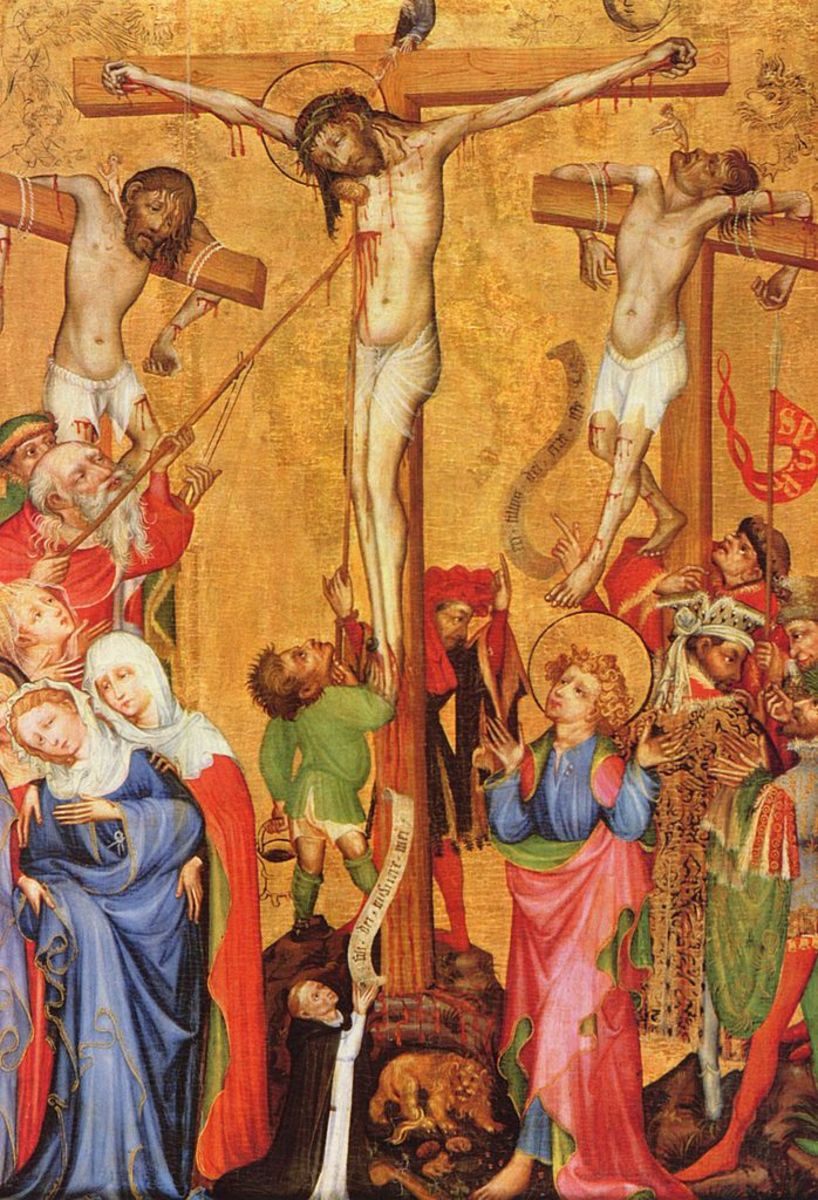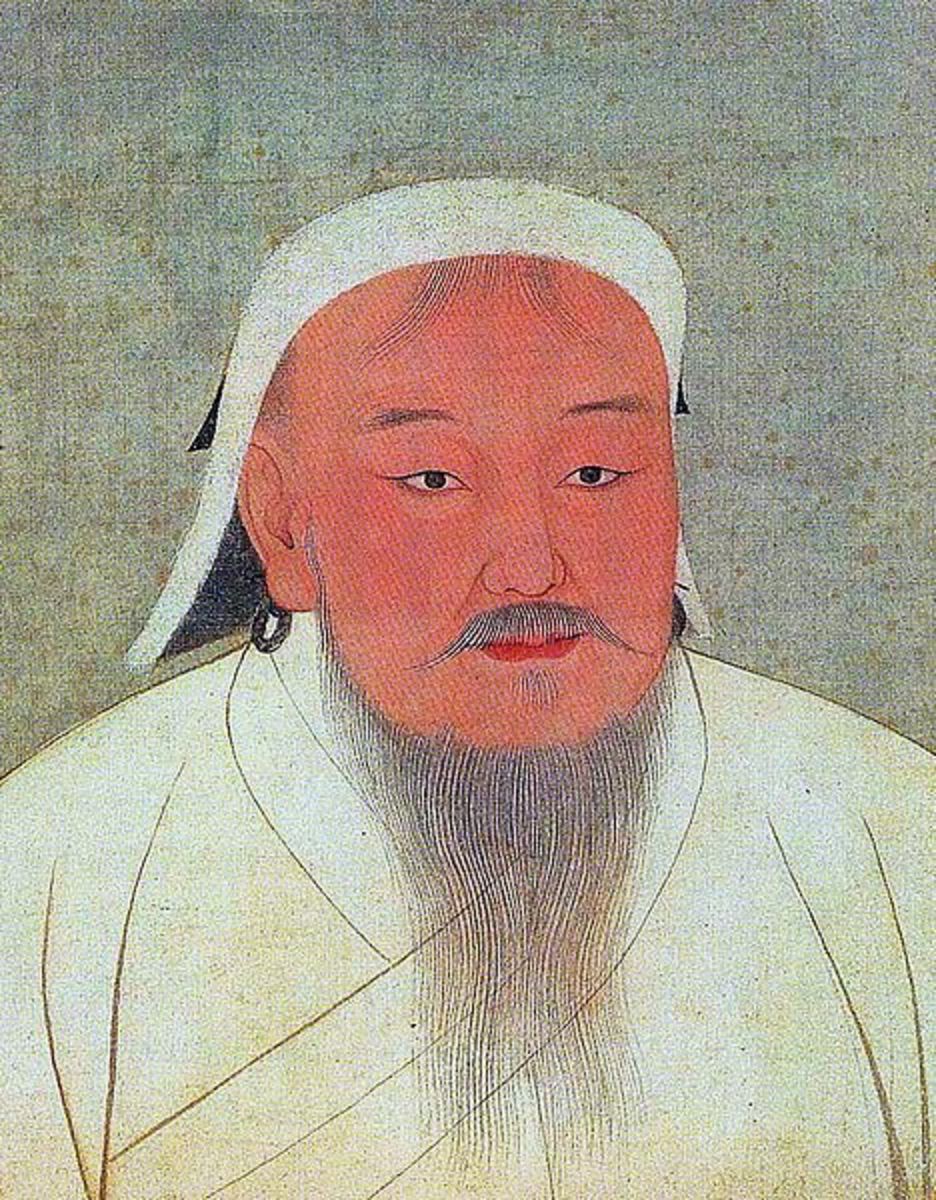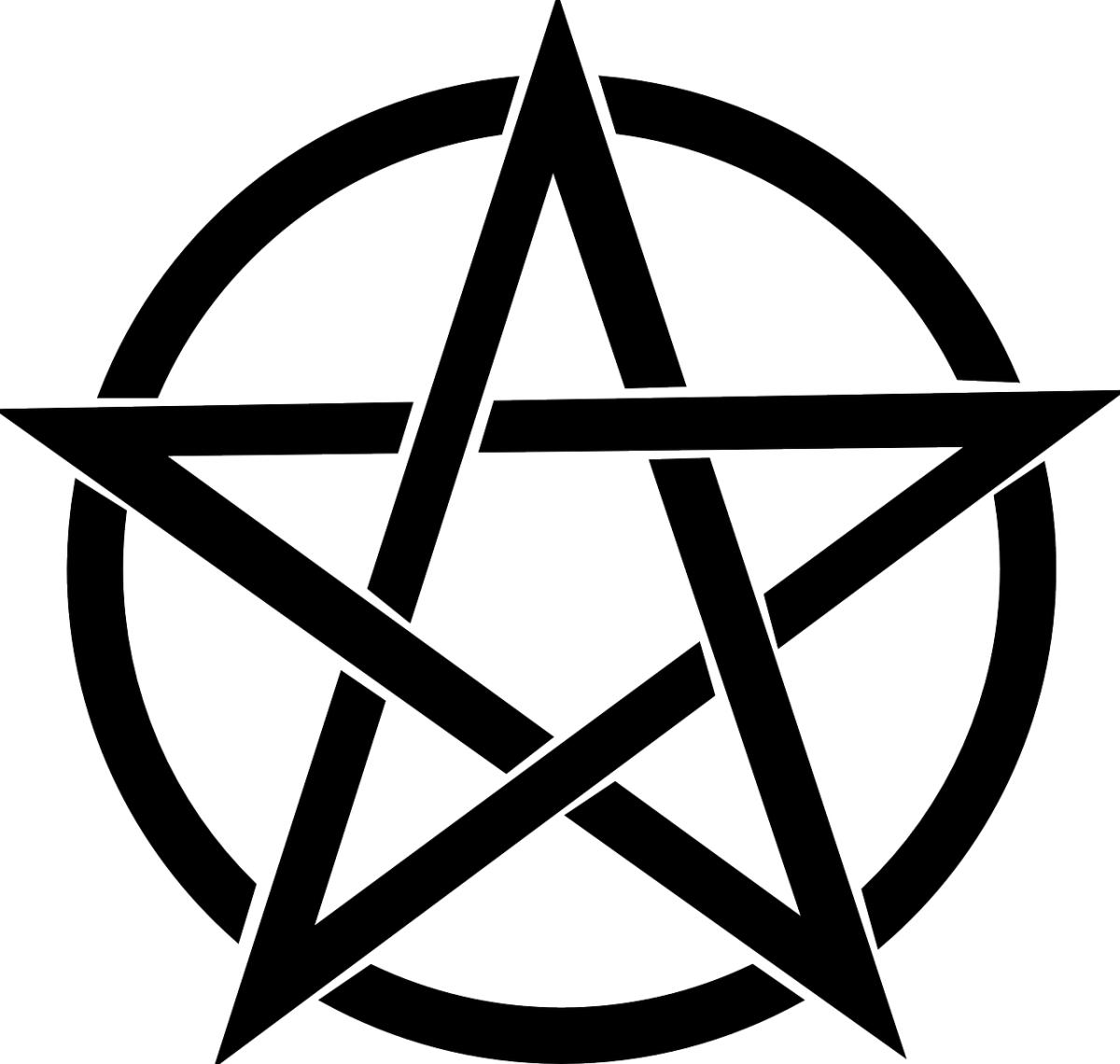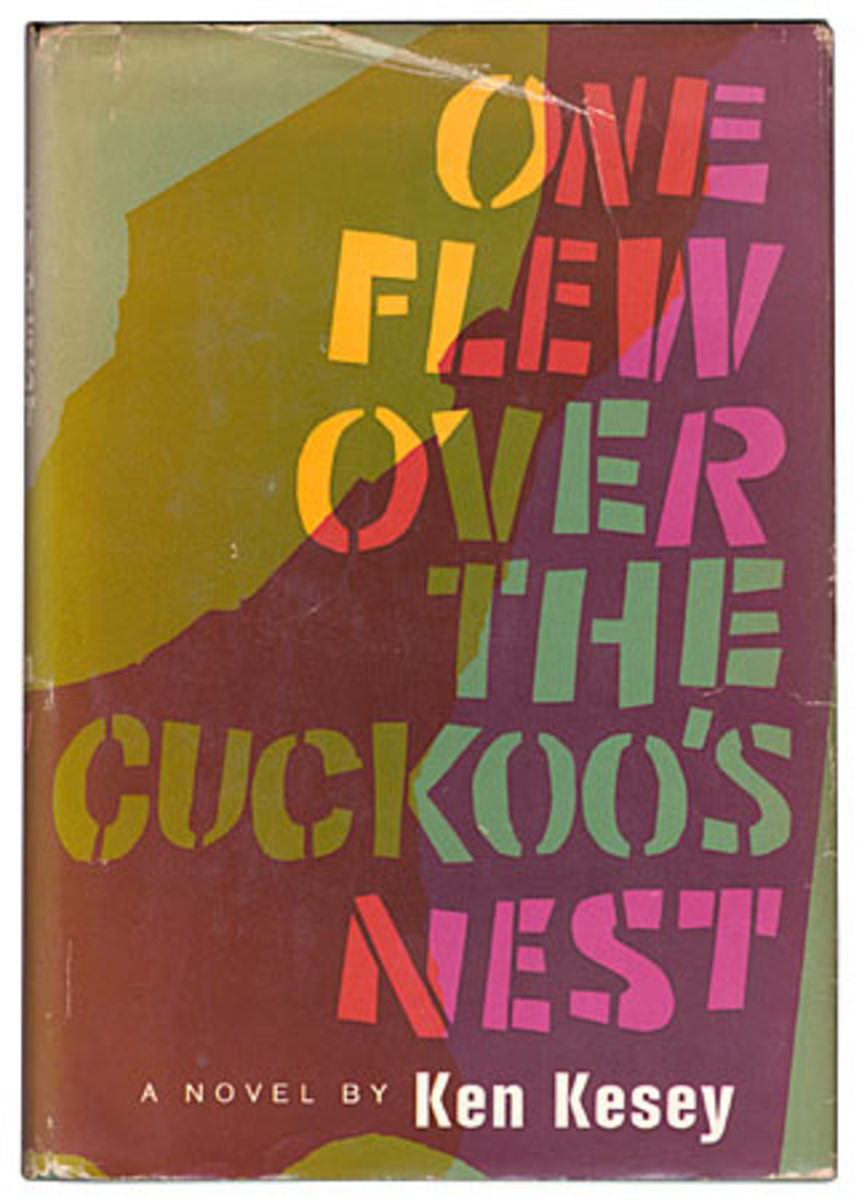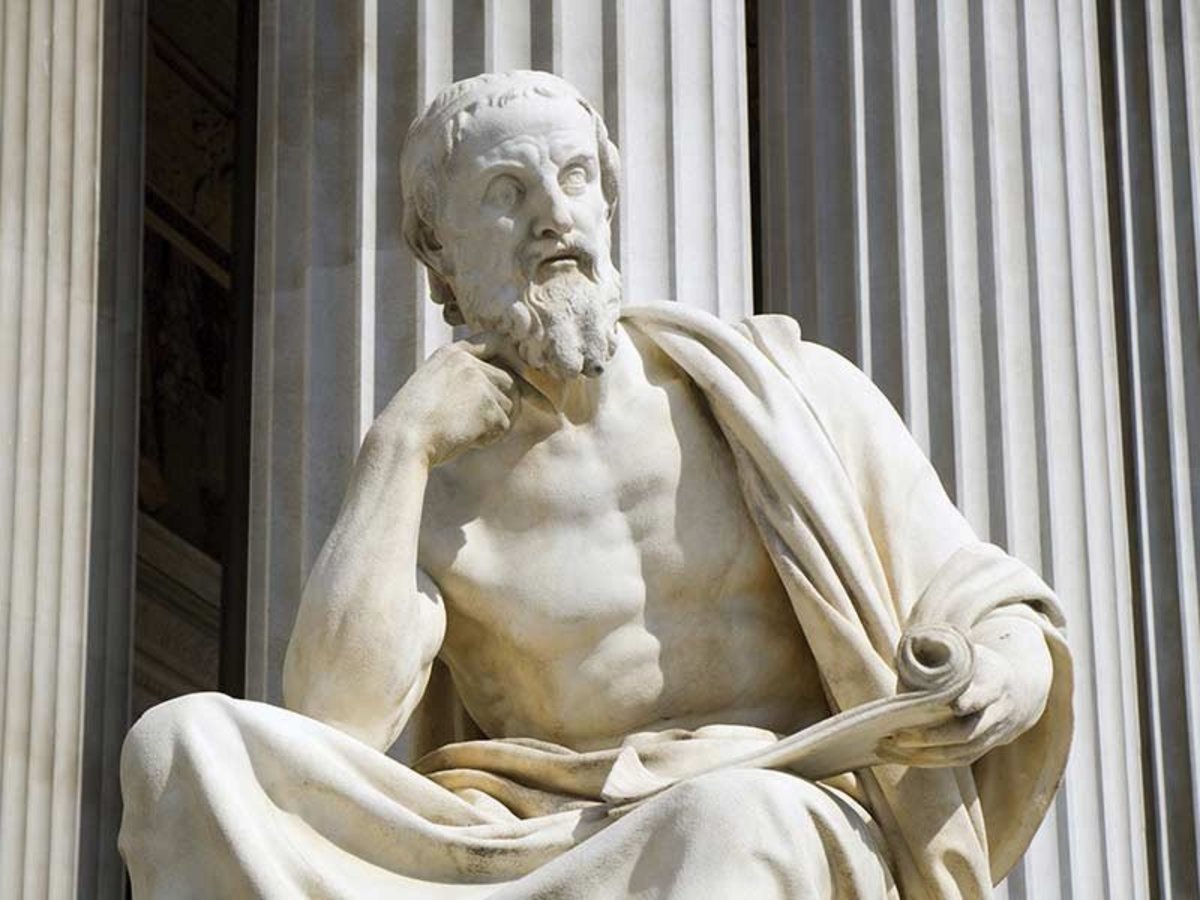The Magna Carta Throughout History
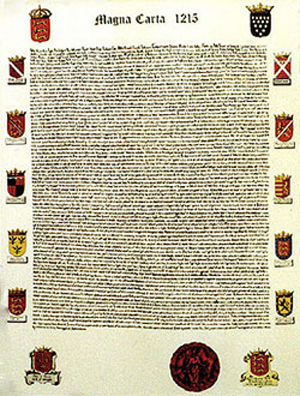
Interpretations of the Magna Carta Throughout British and American History
The Magna Carta is a legal instrument upon which many constitutional and charter rights of different English speaking countries are based that followed it in history. In order to understand our charter and constitutional rights today, we need to understand what this charter was and how it was interpreted throughout history to our time today in the English speaking and British derived industrial world. The Words Magna Carta is Latin for Great Charter (of Freedoms). It was originally drafted, requiring King John of England in 1215 CE to proclaim certain rights and legal procedure to barons and freemen. It was drafted to respect legal rights such as Habeas Corpus (appeal against unlawful imprisonment) and the right to due process in clause 29. In addition, it served to protect the king's subjects whether bond or free. Much of what it contains comes from a document drafted in 1100 drafted under King Henry I and concerning the treatment of church officials and nobles. It went through revisions from 1215 to 1297. It remained in effect until 1969 when only clauses 1, 9 and 29 were left.
Magna Carter is argued to one of the most significant legal documents ever drafted in the last millennium. Among the charters it influenced are the United States Constitution and the Canadian Charter or Rights. The British Civil War was fought over issues contained in it. Many clauses were renewed, updated and translated in the middle ages and into the 18th century. During the 2nd half of the 19th century, most of the clauses therein had been repealed. From the beginning to the end, there has been a struggle to enforce it, bury it or to interpret it to the favour of the monarch or the favour of the subjects. As the British empire changed from one dominated by the Monarchy to one dominated by the Parliament, the bourgeoisie and the bankers, much of the clauses that applied under the feudal order were dropped as they didn't apply to an industrial imperialist power. What remains is a stripped down version, much of which is reflected in other national constitutions and charters.
The Magna Carta was written up by the barons and forced upon the king in an attempt to limit his powers and protect their own privileges. It was an evolution of the 1100 version of the Charter of Liberties in which king Henry the 1st voluntarily subjugated his own powers under the law. This grew out of the Norman Conquest of 1066 CE, 34 years earlier and the growing influence of the king up to 1199 CE. A series of failures at home and abroad, combined with perceived abuses of power up to the days of King John of England led to a revolt by the barons which sought to restrain the king. One of the major causes of this was his failures in his actions in France in order to acquire the throne in succession to King Richard.
During King John's reign, there was a lot of controversy over the election of the new and succeeding Archbishop of Canterbury. A conflict arose when monks appointed one of their own to the succession where the king was not included in the choice of appointment. King John appointed a choice of his own. Both the king and the monks had their own choices as to who was to be the successor and Pope Innocent III became involved to resolve the dispute by declaring both choices invalid and appointing his own choice in the matter, Stephen Langton as the new Archbishop of Canterbury. Further, the Pope excommunicated King John and encouraged Phillip to invade England in 1212. In order to gain the favor of the Pope, the king gave in and turned over lands in England and Ireland to the Pope, thus surrendering autonomy to a foreign power. This served to enrage the barons, who then sought to limit his powers of fiat. Thus the Magna Carta was drafted and enforced in response.
As a result of the wars, especially in Normandy, King John decided to raise more money through taxes, to the huge sum of 70 thousand pounds for the period. He also developed the idea that is the basis of income tax that was to become so prevalent later. All of this raised rebellion among the subjects in addition to his other excesses. By 1215, the king was forced to read, agree to and sign the Magna Carta. The most significant clause in the Magna Carta for King John at the time was clause 61, known as the security clause. This was the longest part of the Magna Carta. A committee of 25 barons could at any time meet and override the will of the king even by force, seizing his castles and possessions. This was the first time such a practice was forced upon a monarch. King John and his successors were also forced to take an oath of loyalty to the committee. Kings thereafter sought to sidestep and hide the Magna Carta.
In 1225 feudal rights were still in place, but were removed in the post feudal world as they no longer applied. The Magna Carta provided for anti-corruption and the return of lands and property to former owners and bound the king to these agreements. Magna Carta was the first entry on the statute books. After 1472 during the Tudor reign, it was not mentioned for a period of almost a hundred years. Most people were completely ignorant about the document. The few who did know about it, spoke of a good king (John) being forced by an unstable pope and rebellious barons to grant them special liberties and that it was a product of a wrong headed rebellion against the true authority of the king. The original Magna Carta was seen as an ancient document with shadowy origins and as having no bearing on the Tudor world. The Charter in the statute books was thought to have arisen from the reign of Henry III who first used the Charter of Rights. The church used it to protect itself from the attacks of Henry the VIII. King Henry the VIII had trouble getting a male heir to the throne and sought to gain divorces which the church was against. By using pressure he was either able to divorce and remarry. When this was no longer possible, he resorted to more sinister means in his attempt to gain a male heir. Ultimately he failed and the throne went to a female heir. Eventually in the fights against the Tudors, the Magna Carta was used to set up the first Parliament in order to assist in enforcing the rights of common law.
In Elizabethan times, England was becoming a powerful force in European affairs, which was to ultimately see British imperialism dominate much of the civilized world. In the academic sphere of the time, earnest and futile attempts were made to prove that Parliament had Roman origins and thus could be justified. The events at Runnymede in 1215 were allegedly re-discovered, allowing a possibility to "prove" the great antiquity of Parliament. The Magna Carta became synonymous with the idea of an ancient house with origins in the Roman government. The Magna Carta was interpreted as an attempt to return to a pre-Norman state of affairs. In contradistinction, the Tudors saw the Charter as proof that their state of governance had existed since time immemorial and the Normans had been a brief break from this "liberty and democracy". This claim is disputed in certain circles but explains how Magna Carta came to be regarded as such an important document.
Origins of the Magna Carta
In reality and in practice, the Magna Carta did not limit the power of the kings of the medieval period. By the time of the English Civil War, it became an important symbol for those who wished to limit the power of the king through binding it to the law.
The Petition of Right in 1628 was meant as a reaffirmation of the charter but it was defeated by the Attorney General, who stated that the petition claimed it was a mere codification of existing law stemming from the Magna Carta. He claimed there was no precedent shown as to these laws existing in such as a way as they bound the present king. There was a definite feeling that the king could not be bound by law and therefore Clause 39 and all others did not apply to him contrary to what the subjects thought. The charter was seen as important as a statement as to the antiquity of Parliament and that it was pre-Norman, not because it was the catalyst to the genesis of Parliament. The Charter was seen in part as entrenched law by Coke's opinion and no one would deny it. However it was not seen as binding on the king. Suggestions such as these were impermissible until the Stuart period.
By the time of the Stuart dynasty, the Magna Carta had arisen in opinion to almost mythological proportions by hose who admired it. It was regarded as an artefact of a gold age where liberties came from the pre-Norman era. It was not a proof of existing liberty so much as what came before and was lost and hoped to be regained. By the mid 1600's, John Coke was attempting to use it once more to restrain the Crown and its officers and appointees. In response, Queen Elizabeth I urged John Coke not to go ahead with his plans and Charles I ordered that Coke's book on the Magna Carta not be published. Eventually, after Coke's death, parliament ordered his house and affects searched and published the manuscript of the book in 1642.
From here to the present, the power of Parliament increased to the point where Parliament could raise taxes and determine how the money so raised could spent. From this point on, the expansion of the British Empire allowed traders to become rich and powerful enough, many who became involved with banking, money lending and eventually exceeding the power of the Monarchy. This was the rising bourgeoisie. This class eventually succeeded to power in France during the French Revolution, The American Revolution and in Britain through clever money manipulation that brought the monarchy under their control. The Magna Carta was one of the tools used to this end. The Monarchy evolved into a proxy power with no real authority except under control of Parliament and Parliament under the rule of oligarchs like Rothschild. This state of affairs has existed since the turn into the 19th century, at which time; Britain was the major power in the world.
For modern times, the most enduring legacy of Magna Carta is considered the right of habeas corpus . This right stems from what are now known as clauses 36, 38, 39, and 40 of the 1215 Magna Carta. Clause 29 guarantees a right to due process, which has become important in the US and Canada.
As the origins of the United States and Canada partly derive from Great Britain, it is understandable that sections of the Magna Carta found its way into the charters and constitutions of these countries. Even in the case of communism, the idea of land reforms and redistribution had part of its inspiration from here.
With the Canadian Charter of Rights, Section 9: describes the freedom from arbitrary detainment or imprisonment. Section 10 describes the right to legal counsel and the guarantee of habeas corpus. Habeas Corpus is the appeal against unlawful imprisonment and the right to due process detailed in clause 29 of the Magna Carta. Though the US has influences from the Spanish and French as well, the predominant influence at this point is from the British source.
The due process clause in the US constitution derives directly from the 1215 version of the Magna Carta. This was expanded to include the right to bear arms, to not be subject to cruel and unusual punishment; as also in Canada and the requirement of jury trials of peers.
The ideas and principles contained in both the US Constitution and the Canadian Charter of Rights originate from the Magna Carta. One of the most important considerations is the protection against arrest and confinement without cause. Yet under the Homeland Security Act and the Patriot Act we find ourselves in a situation that can find peoples' rights violated with unreasonable search and seizure, arrest without warrant and internment without charge indefinitely, some of the very things the Magna Carta sought to prevent. Today, these new changes would be considered violations with the Magna Carta and now the US Constitution and Canadian Charter of Rights. In October of 2006, George Bush with the backing of Congress stuck down Habeas Corpus, thus enshrining in law the inability of those arrested and detained to even have a hearing. This act means that the ordinary citizen no longer has recourse to being heard or having legal representation when arrested without charge and detained indefinitely. This opens the doors for all kinds of abuse and this is just what we are witnessing. The land of the brave and free is now that in name only, supporting repression and torture around the world. Thus having something written on paper is no guaranteeing that such protection in reality. History has seen a constant struggle between two sides; classes that both seek to justify their side using the same charters. Karl Marx summed up the situation when he said that the extent of all previous history has hitherto been a history of class struggle.

